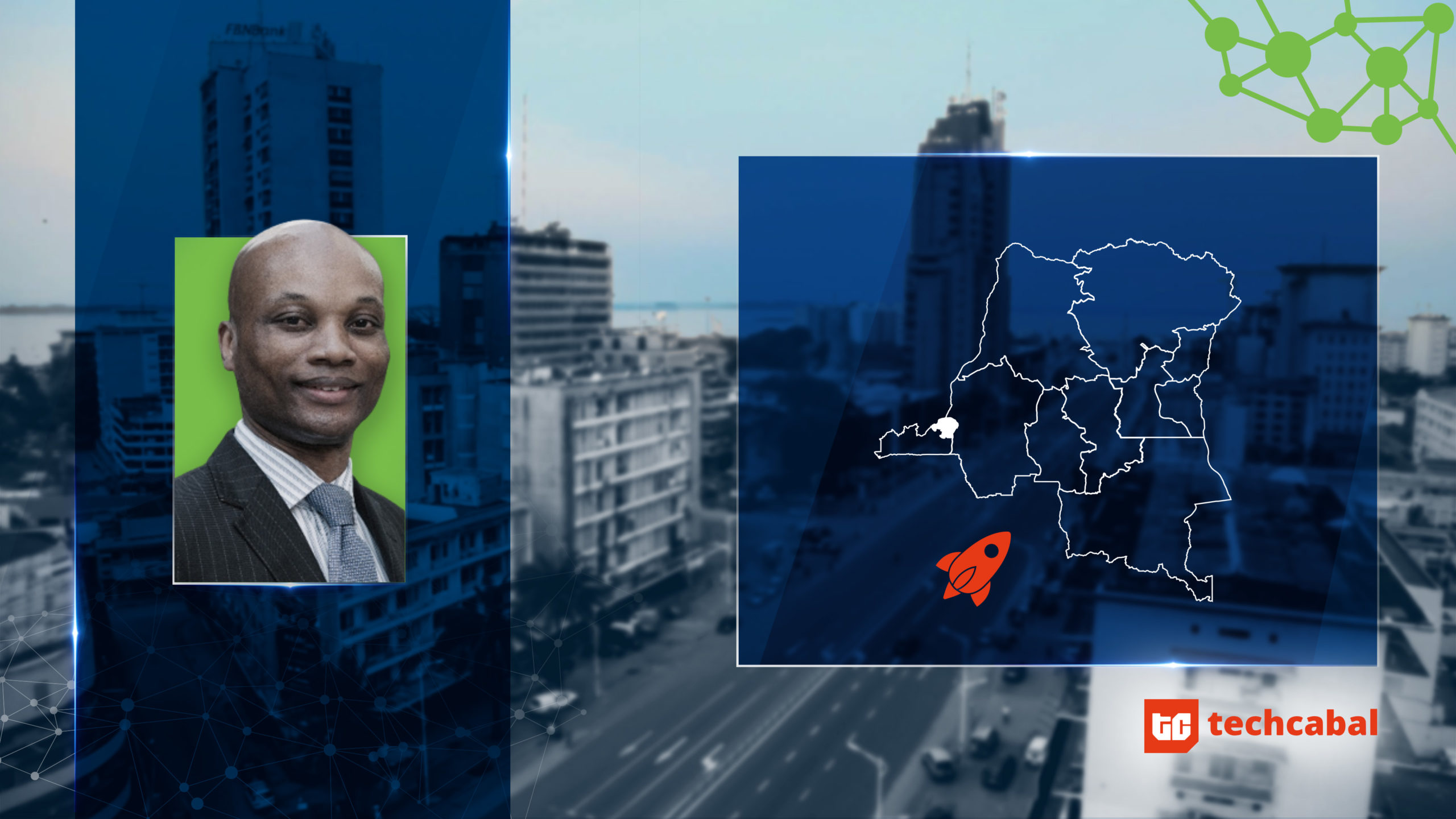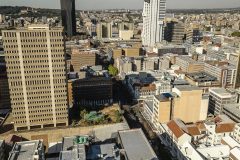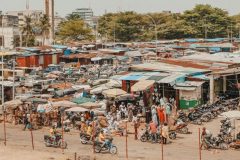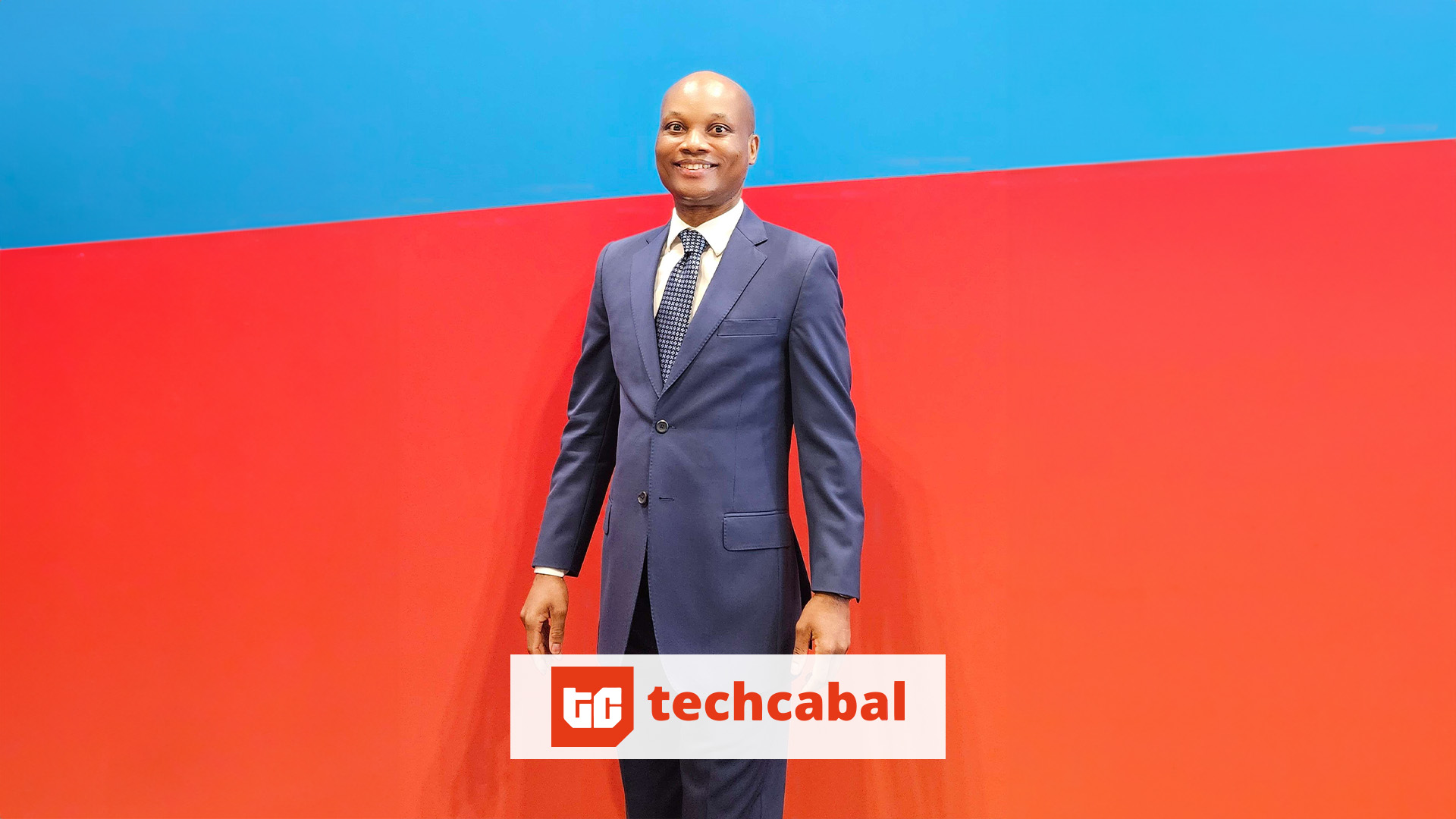Noel K. Tshiani is the founder of Congo Business Network. The organization was created in New York in October 2018 to identify and mobilize entrepreneurs in the diaspora and in the Democratic Republic of Congo with the goal to promote entrepreneurship based on top expertise. The network has organized delegations of government officials and startups to participate in major business events in France, the United States, Ethiopia, Egypt, and South Africa aimed at finding investors, searching for business partners, and gaining visibility in the media.
I have closely worked with startups in the Democratic Republic of Congo over the past four years. I regularly receive solicitations from startup founders for help to find investors. Other entrepreneurs ask me to be their mentor in various areas of entrepreneurship. And I have observed that startups have tremendous challenges getting clients, distinguishing themselves from the competition, and remaining in business 3 years after the official launch.
I often speak with entrepreneurs whether in Kinshasa, Goma, or Lubumbashi who say that they face difficulties sustaining their activities because banks don’t give loans to startups. The collaterals that banks ask before lending money involve assets such as lands that most first-time entrepreneurs don’t have to provide as a guarantee to financial institutions. The assumption is that getting capital is the biggest obstacle to starting a business and remaining operational.
Although the startup ecosystem is in its early phase of development in the country, I rarely hear entrepreneurs who emphasize why it is a requirement for them to develop top expertise for their startups to succeed in the long term whether at the local or international levels.
Very few startups have established a dominant brand in their sector and are visible in the media through regular, strategic, and professional communications. In essence, entrepreneurship needs to go from an activity a person does mostly in an informal way just to survive and escape unemployment to working with skills to create solutions for consumers.
Getting a loan is difficult not only in Africa. Even in the United States and in Europe, banks don’t lend money to startups either. That is why the majority of people in the United States who create a company finance it with personal savings or with money borrowed from a credit card. The situation is different in Africa because banks, especially in the Democratic Republic of Congo, don’t issue credit cards to consumers.
My advice to entrepreneurs is to develop a personal brand when embarking on the journey of entrepreneurship. It means being known for a specific skill and communicating regularly on social media, especially on LinkedIn, to create a positioning in the minds of potential clients, investors, and business partners. I am inspired by the level of skill in entrepreneurship and developed brands I see in the startup ecosystems in Nigeria, Egypt, Kenya, South Africa, and most recently Senegal and Ivory Coast.
Startups in Kinshasa can emerge and become attractive to international investors if entrepreneurs, the Office of the President, and the Ministry of Entrepreneurship and Small Businesses can prioritize working with startups to help them to develop skills in the areas of branding, marketing, and communication. Getting clients and investors for startups that provide services will be a lot easier with these skills given the population of Kinshasa, which is nearly 20 million residents.
In conclusion, the national government in Kinshasa will also benefit by calling outside advisers from institutions such as Bpifrance who have helped countries like Senegal to put in place a framework on which to develop startups and create public institutions that can provide guarantees to small businesses that need to get loans from banks.




















